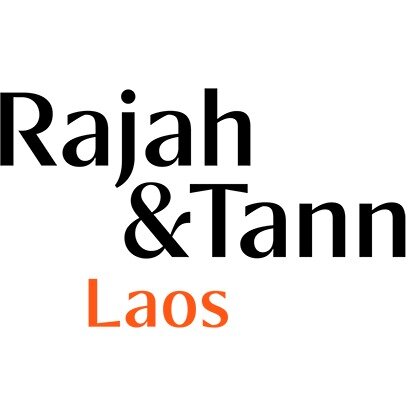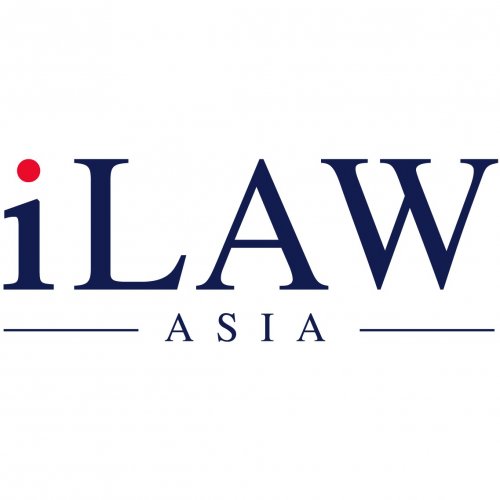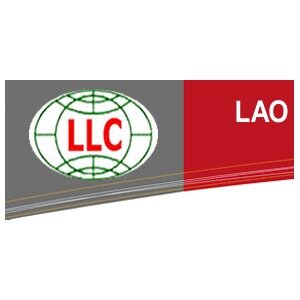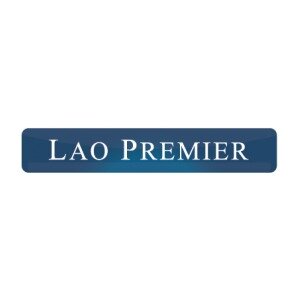Best Private Equity Lawyers in Vientiane
Share your needs with us, get contacted by law firms.
Free. Takes 2 min.
List of the best lawyers in Vientiane, Laos
About Private Equity Law in Vientiane, Laos
Private Equity refers to investment funds that acquire stakes in private companies, supporting their development and expansion. In Vientiane, Laos, the sector is gradually developing as the country opens up to foreign investment and economic diversification. Private Equity law governs how these investments are structured, negotiated, and executed, ensuring compliance with local regulations and protecting investor as well as company interests. The legal landscape is shaped by the Lao government’s investor-friendly initiatives and its efforts to align with regional standards.
Why You May Need a Lawyer
Entering the Private Equity market in Vientiane involves numerous legal complexities, regardless of whether you are an investor or a business seeking capital. Common situations when legal help is essential include:
- Drafting or reviewing investment agreements
- Structuring and negotiating deals
- Conducting legal due diligence on local companies
- Ensuring compliance with investment and business regulations
- Managing cross-border investment issues
- Lifecycle events such as exits, mergers, or acquisitions
- Dispute resolution or managing breaches of agreement
Having a lawyer with expertise in Lao Private Equity law can help mitigate risks, ensure compliance, and safeguard your interests throughout the investment lifecycle.
Local Laws Overview
Private Equity in Vientiane, as in the rest of Laos, is influenced by several local laws and regulatory frameworks:
- The Law on Investment Promotion regulates the entry and operation of foreign and domestic investment in Laos, including Private Equity transactions.
- The Enterprise Law governs incorporation, management, and dissolution of companies that are common Private Equity targets.
- The Law on Secured Transactions provides frameworks for securing loans and investments.
- The Law on Contracts and Torts underpins investment agreements and enforceability.
- Sector-specific regulations may apply, especially if the target company is in a regulated industry like banking, telecoms, or natural resources.
- The Bank of the Lao PDR oversees capital inflows and outflows, including requirements for foreign exchange.
Understanding these and other relevant laws is crucial for both investors and target companies to ensure all aspects of a Private Equity deal are legally sound.
Frequently Asked Questions
What is Private Equity?
Private Equity involves investing in companies that are not listed on a public stock exchange, typically for the purpose of growth, restructuring, or buyouts.
Can foreigners invest in Lao companies through Private Equity?
Yes, foreign investors can participate in Private Equity transactions in Laos, but they must comply with the Law on Investment Promotion and may face local ownership restrictions in certain sectors.
What types of entities are used for Private Equity investments in Laos?
Limited liability companies are the most common structure, but joint ventures and partnership agreements are also used depending on the investment objectives.
Is due diligence required for Private Equity transactions?
Comprehensive legal, financial, and operational due diligence is highly recommended to identify and mitigate potential risks before finalizing an investment.
Are there restrictions on profit repatriation for foreign investors?
Profits can generally be repatriated after fulfilling tax and legal obligations, but it is important to follow procedures set by the Bank of the Lao PDR.
How are disputes in Private Equity deals resolved?
Disputes are typically resolved through negotiation, mediation, or by recourse to Lao courts. Arbitration clauses are also common in investment agreements.
What regulatory approvals are required for Private Equity deals?
Depending on the size and sector, deals may require approvals from the Ministry of Planning and Investment, sector-specific regulators, and sometimes the Bank of the Lao PDR.
Do Private Equity investments attract any special taxes?
Taxes may apply to capital gains, dividends, and other returns. Specifics depend on the deal structure and double taxation agreements, if any.
Can a Private Equity investor demand a seat on the company’s board?
This is negotiable and often included in the investment agreement to allow investors to oversee management and strategic direction.
What happens when a Private Equity fund wants to exit its investment?
Exit options include trade sales, initial public offerings, or selling shares to other investors. The terms are typically set out in the initial agreement.
Additional Resources
For those seeking further information or support, the following resources can be helpful:
- Ministry of Planning and Investment of Laos - Investment approval and regulatory guidance
- Bank of the Lao PDR - Foreign investment, repatriation, and currency control protocols
- Lao Bar Association - Directory of licensed lawyers experienced in Private Equity matters
- Chambers of Commerce and Industry - Networking and sector insights
- International Finance Corporation (IFC) and other development agencies - Guides on investing in Laos
Next Steps
If you are considering a Private Equity transaction in Vientiane or have encountered a legal issue related to such investments, consider the following steps:
- Clearly define your investment objectives and expectations
- Seek out and consult with a qualified local lawyer with experience in Private Equity
- Prepare all necessary documentation and be ready for thorough due diligence
- Understand all relevant laws, regulations, and potential risks involved
- Ensure any agreements are thoroughly reviewed and customized to protect your interests
Engaging experienced legal counsel early in the process can help you navigate the complexities of the Vientiane Private Equity landscape, avoid costly mistakes, and achieve your investment goals.
Lawzana helps you find the best lawyers and law firms in Vientiane through a curated and pre-screened list of qualified legal professionals. Our platform offers rankings and detailed profiles of attorneys and law firms, allowing you to compare based on practice areas, including Private Equity, experience, and client feedback.
Each profile includes a description of the firm's areas of practice, client reviews, team members and partners, year of establishment, spoken languages, office locations, contact information, social media presence, and any published articles or resources. Most firms on our platform speak English and are experienced in both local and international legal matters.
Get a quote from top-rated law firms in Vientiane, Laos — quickly, securely, and without unnecessary hassle.
Disclaimer:
The information provided on this page is for general informational purposes only and does not constitute legal advice. While we strive to ensure the accuracy and relevance of the content, legal information may change over time, and interpretations of the law can vary. You should always consult with a qualified legal professional for advice specific to your situation.
We disclaim all liability for actions taken or not taken based on the content of this page. If you believe any information is incorrect or outdated, please contact us, and we will review and update it where appropriate.













